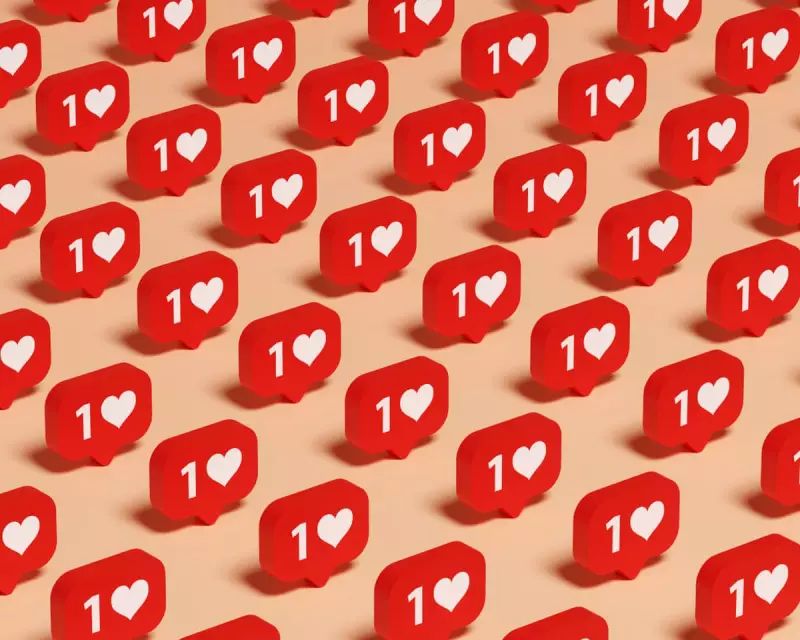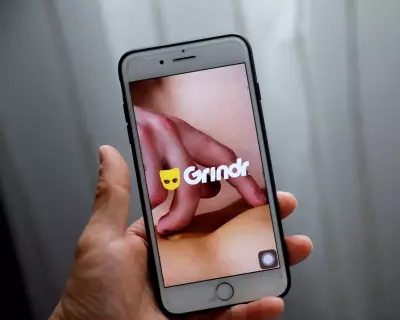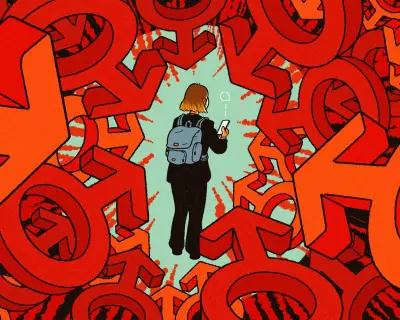
The quest for virality on social media has taken a sinister and deeply personal turn. A prominent TikTok influencer stands accused of committing one of the digital age's most intimate crimes: she didn't just steal content; she allegedly plagiarised an entire human life.
The scandal erupted when the influencer's vast audience, who had followed her heartfelt and traumatic personal story for months, discovered her tales of struggle and triumph were not her own. She had meticulously mimicked the real-life experiences of another, lesser-known creator, building a lucrative career on a foundation of lies.
The Anatomy of a Digital Impersonation
This case goes far beyond simple content reposting. The mimicry was comprehensive and chillingly detailed. The accused influencer allegedly appropriated:
- Specific personal anecdotes and family histories.
- Unique emotional journeys and mental health struggles.
- The very cadence and style of the original creator's storytelling.
This created a parasocial relationship with her followers that was entirely fraudulent, built on stolen vulnerability and manufactured authenticity.
Why Mimicry is the New Plagiarism
Experts are calling this phenomenon 'identity plagiarism' or 'life-jacking'. It represents a dangerous evolution in online fraud. In an economy where authenticity is the ultimate currency, thieves are no longer just stealing ideas—they are stealing selves.
This has devastating consequences, not just for the original victim whose life is commodified without consent, but for the entire digital ecosystem. It erodes trust, devalues genuine human experience, and creates a culture where the line between inspiration and identity theft is dangerously blurred.
The Psychological Toll on Victims and Followers
The fallout is profound. For the individual whose life was stolen, the violation is a uniquely traumatic form of digital abuse. For the followers who invested emotionally and financially, the revelation triggers a crisis of trust, leaving them feeling deceived and manipulated on a massive scale.
Mental health professionals warn that such incidents can cause significant distress, making users question the authenticity of every online connection and deepening societal anxieties about the unreality of digital life.
A Watershed Moment for Social Media?
This scandal raises urgent questions for platforms like TikTok. Their algorithms are often accused of incentivising extreme and engaging content, regardless of its truthfulness. When a stolen life story can be optimised for clicks and engagement, where does the responsibility lie?
Calls are growing for platforms to implement stronger verification processes and more robust mechanisms for reporting this new category of personal and intellectual property theft. The era of passive platform moderation may be coming to an end.
This story is more than a single case of fraud; it's a cautionary tale for the digital age. It forces us to confront the dark side of our obsession with viral fame and ask: in a world where anyone can be anyone, what are we really consuming, and at what cost?






